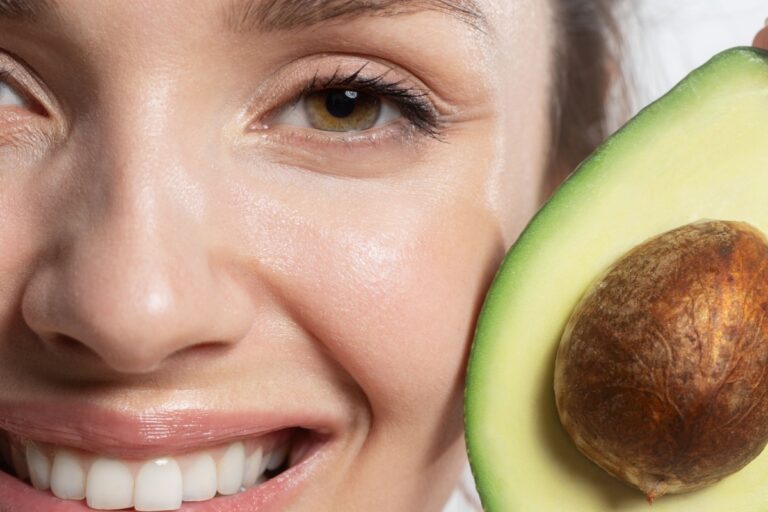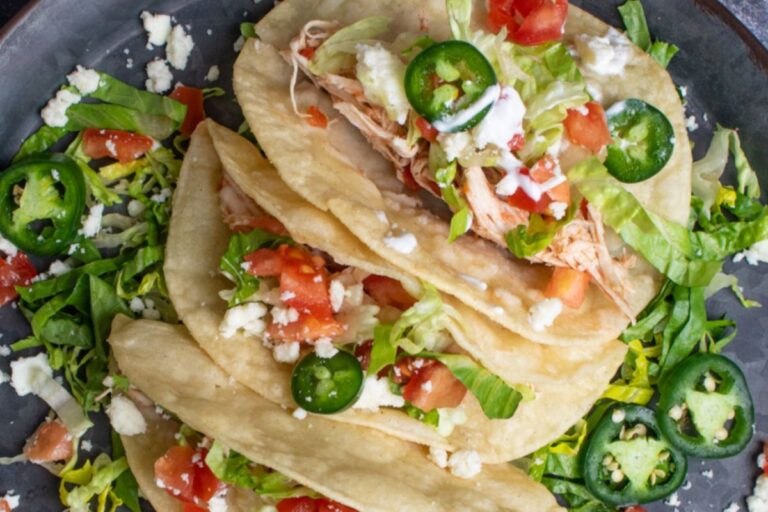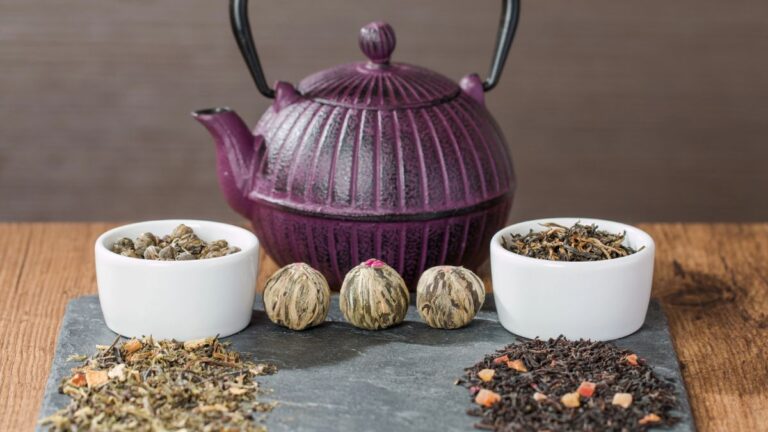9 Cancer-Fighting Foods Nutritionists Eat and 5 Risky Foods They Avoid
Eating a balanced diet is key to maintaining good health and preventing diseases, including cancer. Nutritionists, who are experts in diet and health, often recommend certain foods that help protect against cancer. At the same time, they avoid other foods that might increase the risk of cancer.
Here’s a look at nine cancer-fighting foods nutritionists include in their diets and five risky foods they steer clear of.
Berries
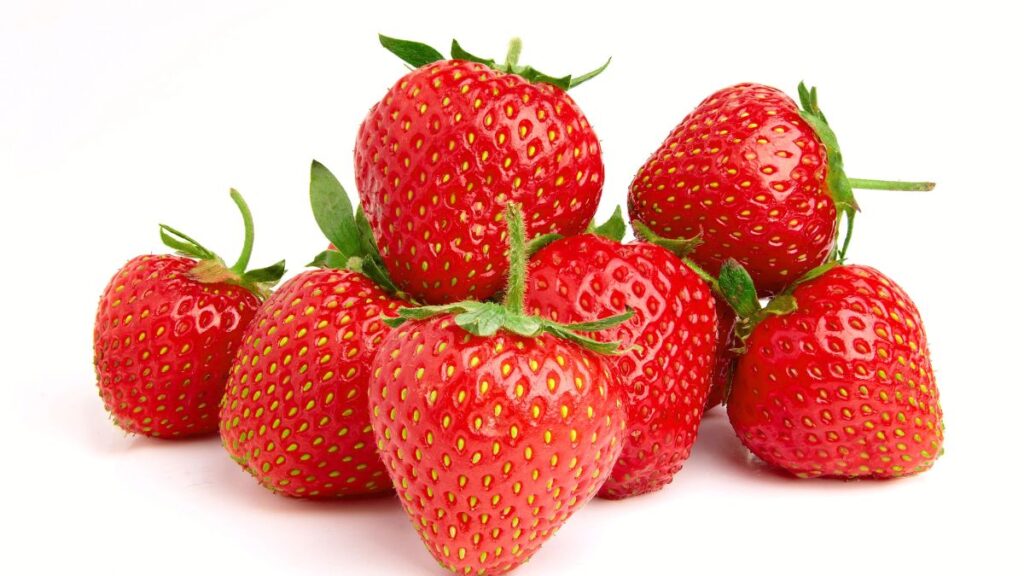
Berries like blueberries, strawberries, and raspberries are packed with antioxidants and vitamins. They contain compounds that help neutralize free radicals, which can damage cells and lead to cancer.
Berries are also high in fiber, which supports digestive health. Adding a handful of berries to your daily diet can be a delicious way to boost your cancer-fighting efforts.
Cruciferous Vegetables
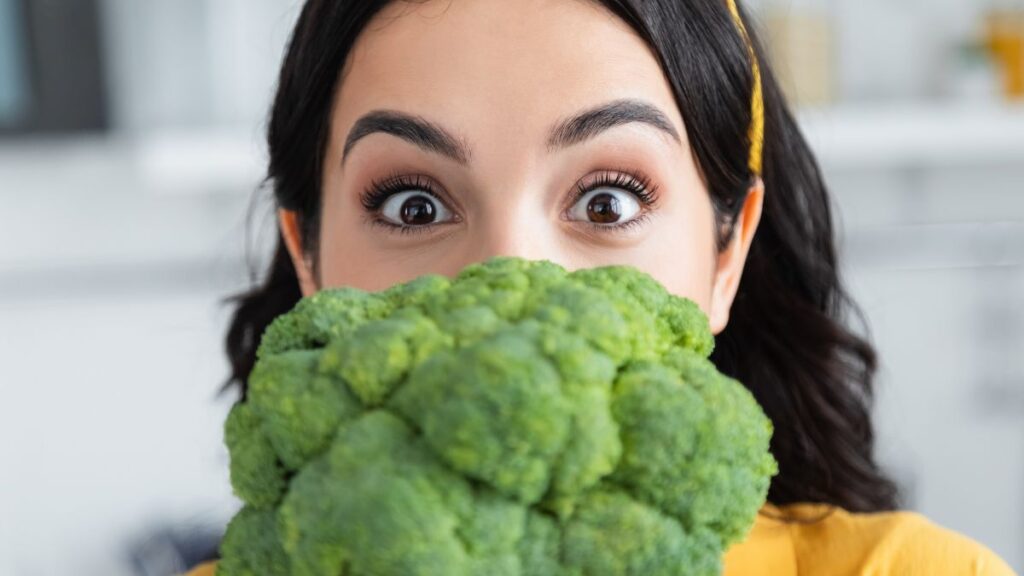
Cruciferous vegetables, such as broccoli, cauliflower, and Brussels sprouts, are known for their cancer-fighting properties. They contain compounds like sulforaphane that help detoxify the body and protect against cancer.
Eating these vegetables regularly can provide essential nutrients and support overall health. Steaming or lightly cooking them can help retain their beneficial properties.
Garlic
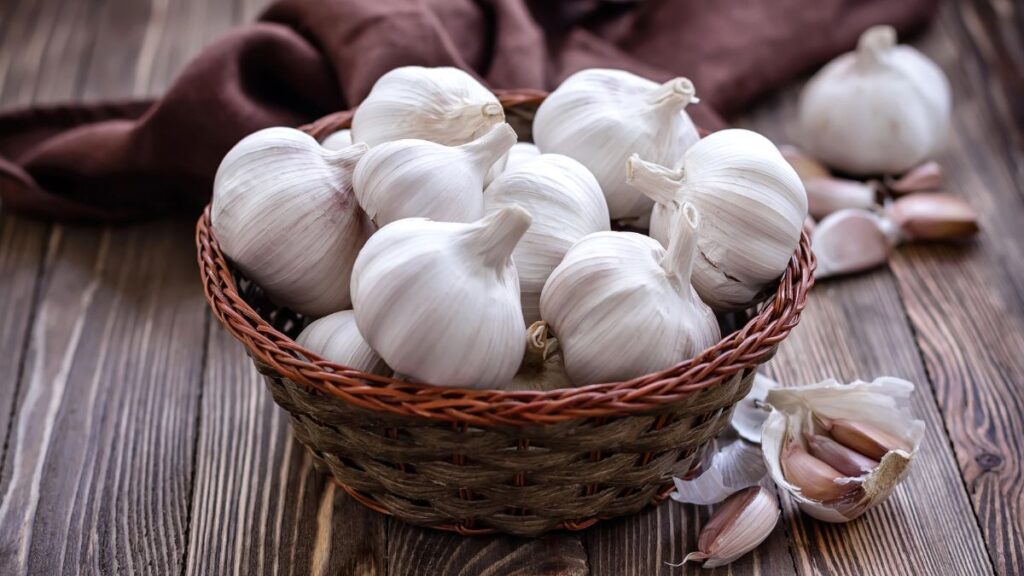
Garlic has long been praised for its health benefits, including its ability to help prevent cancer. It contains allicin, a compound that has been shown to inhibit the growth of cancer cells.
Garlic also has anti-inflammatory and immune-boosting properties. Incorporating garlic into your meals can enhance flavor and provide cancer-fighting benefits.
Tomatoes
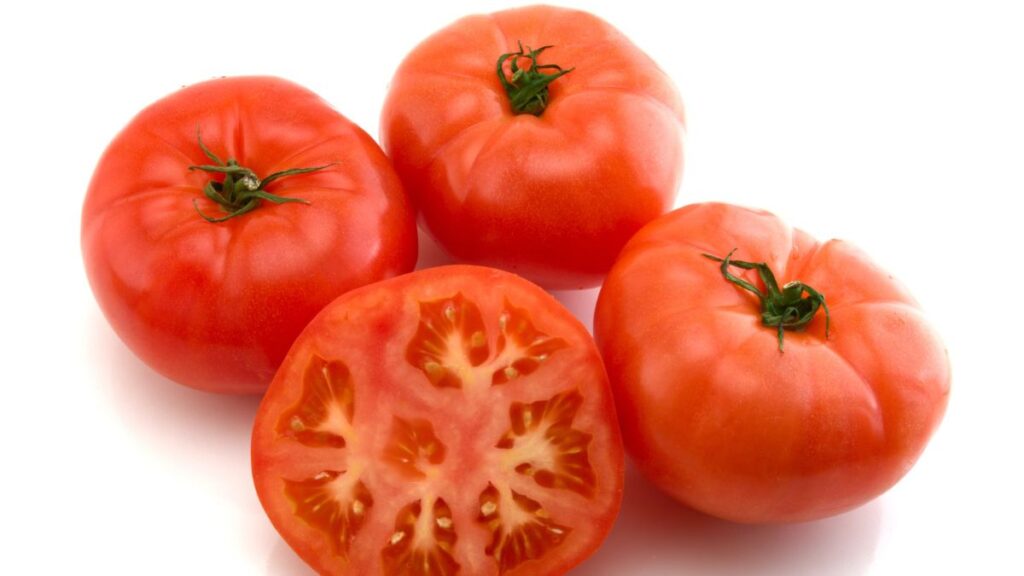
Tomatoes are rich in lycopene, an antioxidant linked to a lower risk of several types of cancer, including prostate cancer. Lycopene helps protect cells from damage and supports overall health.
Cooked tomatoes, such as in tomato sauce or soup, can be even more beneficial as cooking increases the availability of lycopene. Enjoying tomatoes in various forms can be a tasty way to support your health.
Nuts
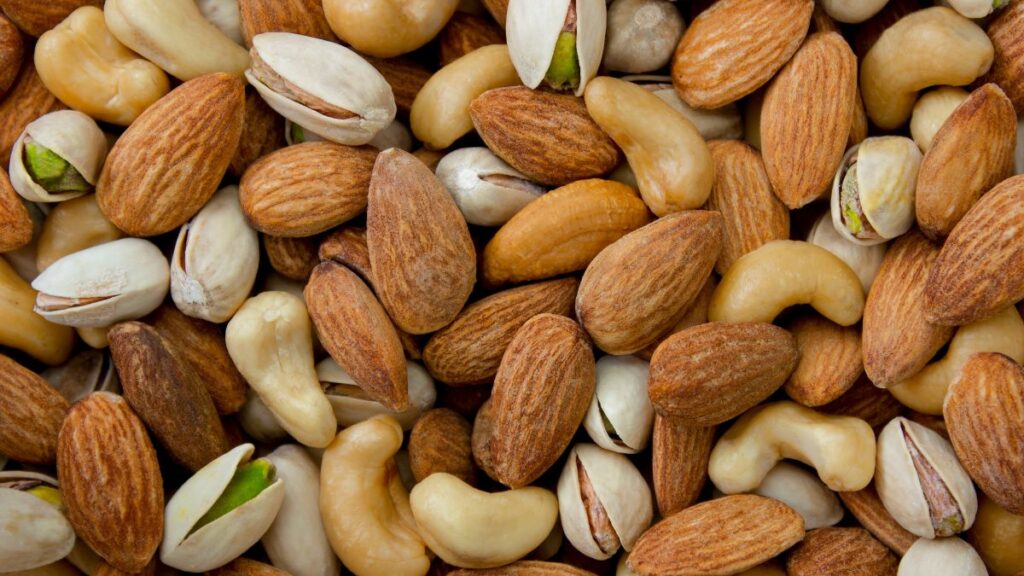
Nuts like almonds, walnuts, and Brazil nuts are packed with healthy fats, vitamins, and minerals that may help protect against cancer. They contain antioxidants and other compounds that support cell health and reduce inflammation.
Eating a small handful of nuts each day can provide essential nutrients and help maintain a balanced diet.
Green Tea
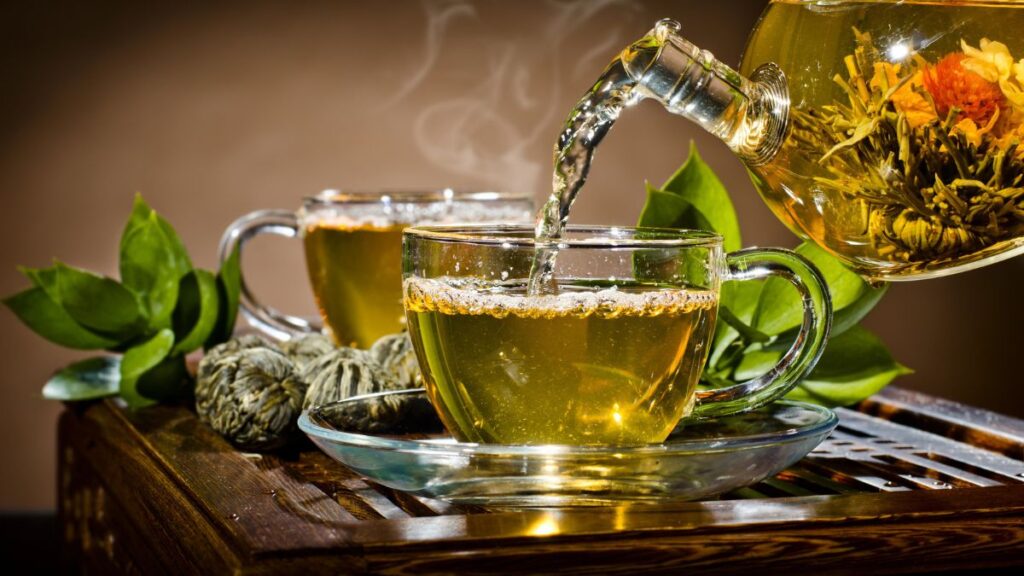
Green tea is known for its high levels of antioxidants called catechins, which have been shown to have cancer-fighting properties. Drinking green tea regularly may help reduce the risk of several types of cancer by protecting cells and improving immune function.
It’s a refreshing alternative to sugary drinks and offers health benefits beyond just cancer prevention.
Turmeric
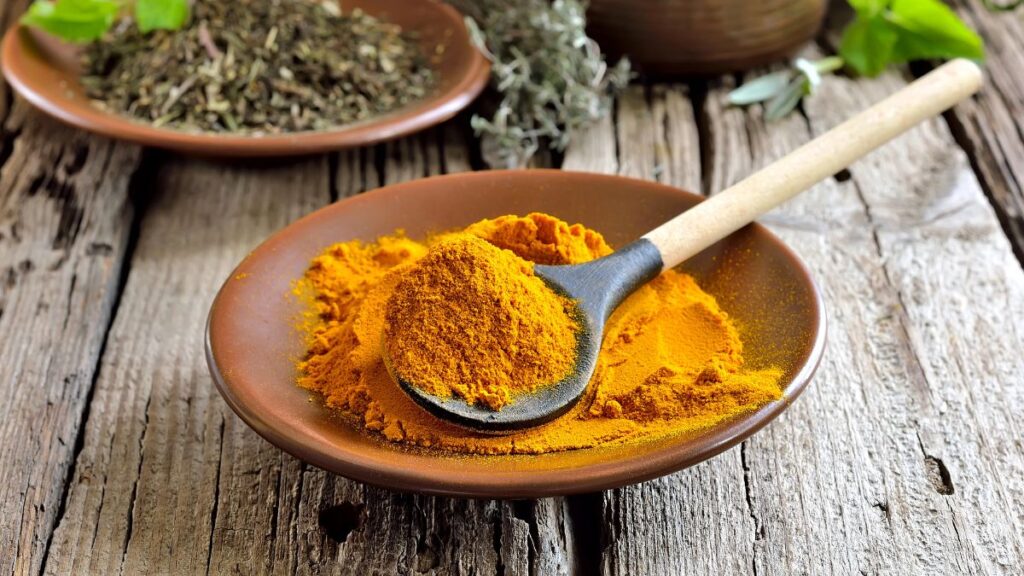
Turmeric contains curcumin, a compound with powerful anti-inflammatory and antioxidant effects. Studies suggest that curcumin may help prevent cancer by inhibiting the growth of cancer cells and reducing inflammation.
Adding turmeric to your diet, whether in curry or as a supplement, can be a beneficial way to support cancer prevention.
Leafy Greens
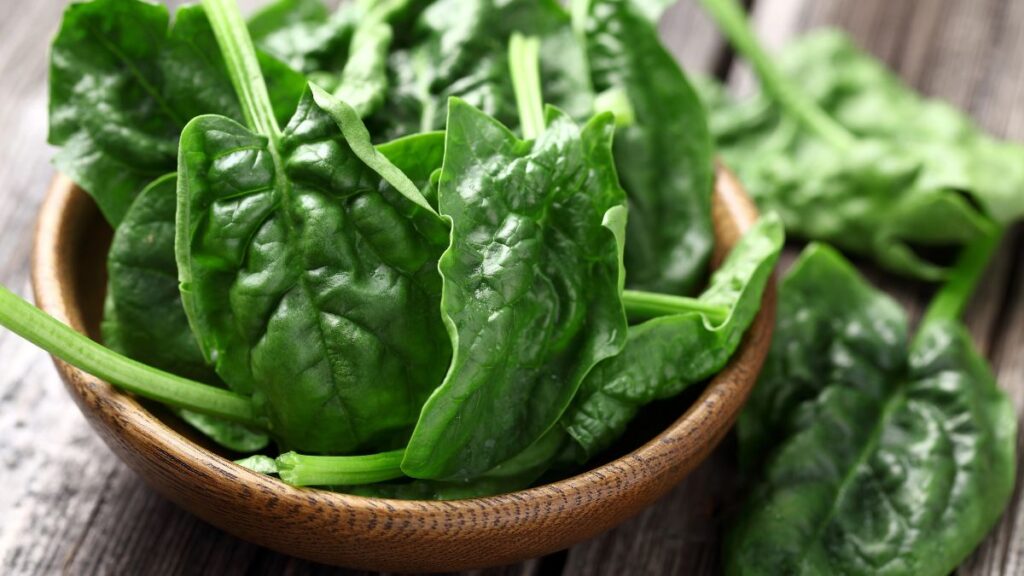
Leafy greens like spinach, kale, and Swiss chard are rich in vitamins, minerals, and antioxidants that help protect against cancer. They contain compounds that support detoxification and strengthen the immune system.
Eating a variety of leafy greens can help provide the nutrients needed for overall health and cancer prevention.
Whole Grains
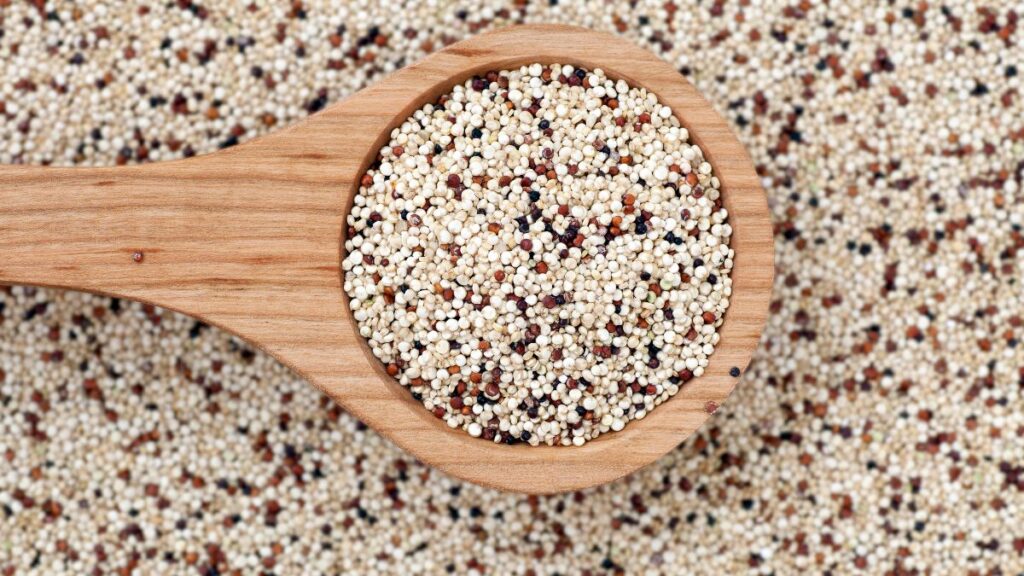
Whole grains, such as brown rice, quinoa, and whole-wheat products, are high in fiber and essential nutrients. They help regulate blood sugar levels and support digestive health, which may reduce the risk of certain cancers.
Choosing whole grains over refined grains can be a simple change that supports long-term health.
Processed Meats
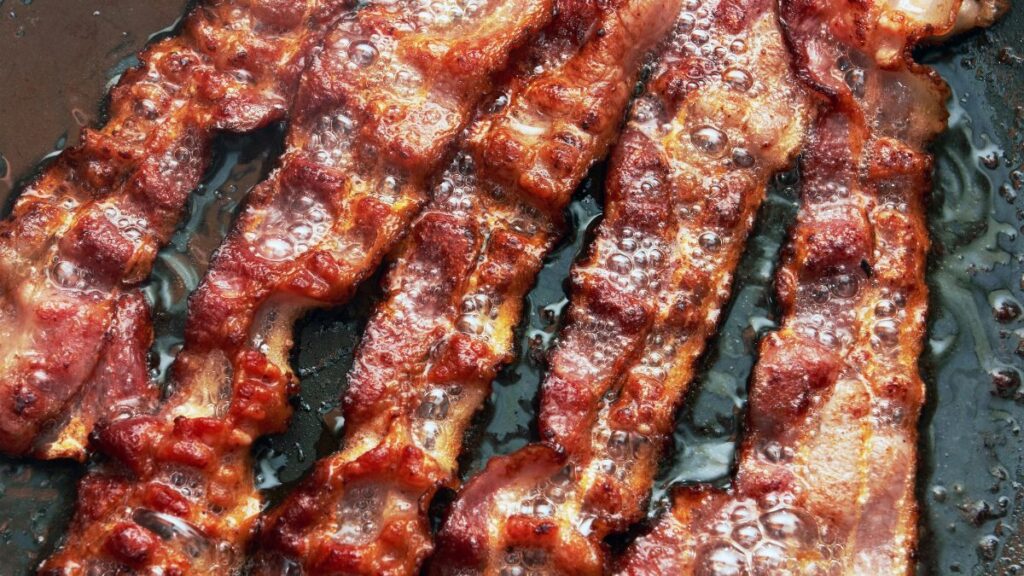
Processed meats, including bacon, sausages, and hot dogs, are linked to an increased risk of cancer, particularly colorectal cancer.
They often contain additives, preservatives, and high levels of sodium. Nutritionists recommend limiting or avoiding processed meats and opting for healthier protein sources like lean meats, fish, or plant-based options.
Sugary Drinks

Sugary drinks, such as soda and sweetened fruit juices, are high in calories and added sugars with little nutritional benefit. Consuming these drinks regularly can lead to weight gain and increase the risk of certain cancers.
Opting for water, unsweetened beverages, or drinks with natural flavors can be a better choice for overall health.
Fried Foods

Fried foods are often high in unhealthy fats and calories, which can contribute to weight gain and increase cancer risk.
The cooking process can also produce harmful compounds that may be carcinogenic. Choosing baked, grilled, or steamed foods instead of fried options can help reduce these risks.
Artificial Sweeteners
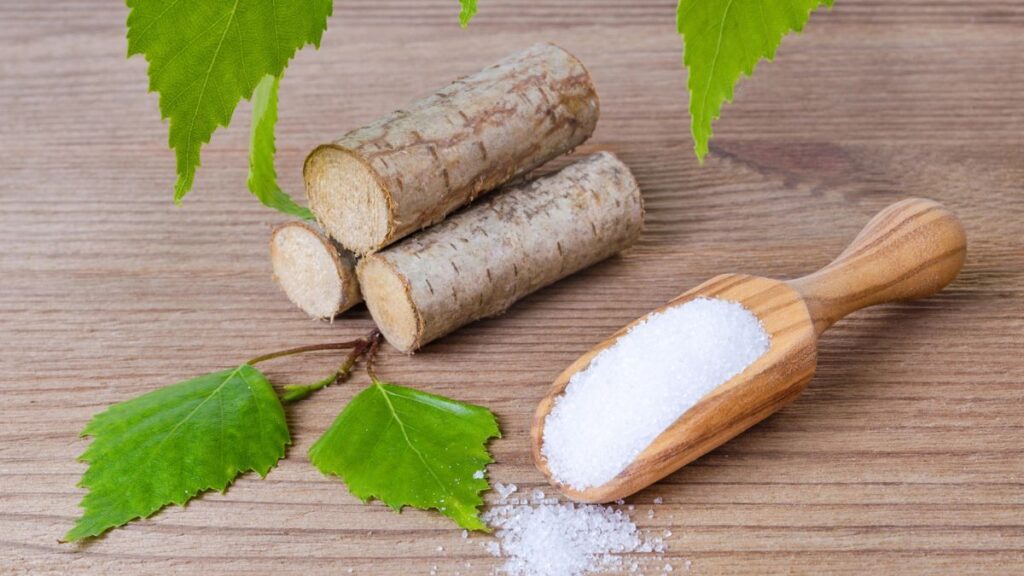
Artificial sweeteners, found in diet sodas and other sugar-free products, may have potential health risks and have been linked to various health concerns.
While research is ongoing, some studies suggest they may affect metabolism and increase cravings for sweet foods. Using natural sweeteners in moderation or focusing on whole foods can be healthier.
Refined Carbohydrates
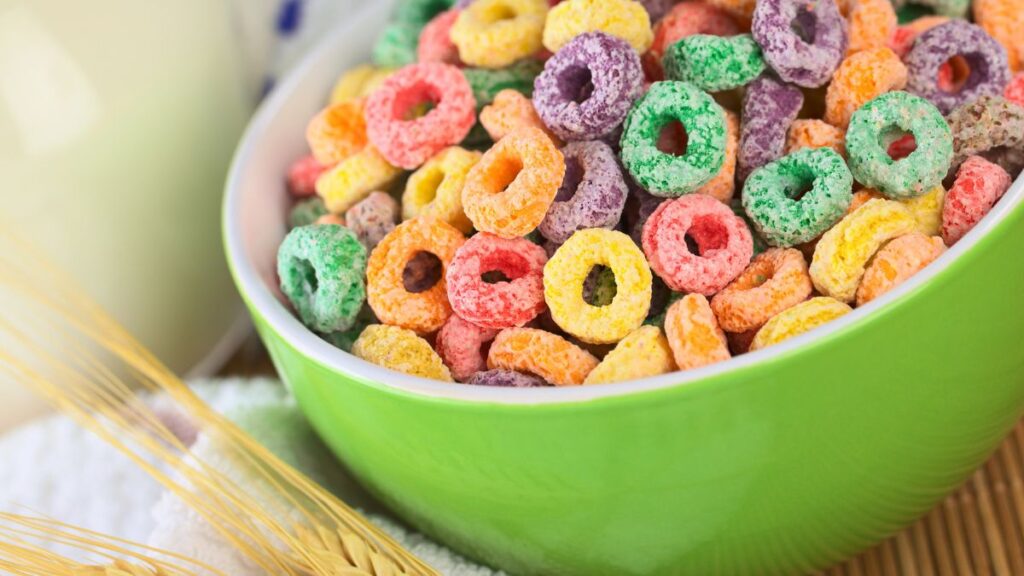
Refined carbohydrates, such as white bread, pastries, and sugary cereals, can lead to spikes in blood sugar and contribute to weight gain.
High consumption of refined carbs has been linked to an increased risk of cancer. Choosing whole grains and fiber-rich foods can help maintain stable blood sugar levels and support overall health.
Microwave Popcorn

Microwave popcorn may seem harmless, but some brands contain artificial chemicals and unhealthy fats.
The lining of microwave popcorn bags can also have harmful compounds. Opting for air-popped popcorn or making it at home with minimal added ingredients can be a healthier alternative.
20 Foods No One Can Afford Anymore Due To Inflation

With the ever-rising living costs, some foods have become luxury items that only the wealthiest can afford. From exotic delicacies to once-affordable staples, the price hikes have made certain foods out of reach for the average consumer.
20 Foods No One Can Afford Anymore Due To Inflation
15 Foods Only The Wealthy And Elite Can Eat Now

Culinary trends are constantly evolving, and some foods have become more than just sustenance—they’ve become status symbols reserved for the elite.




